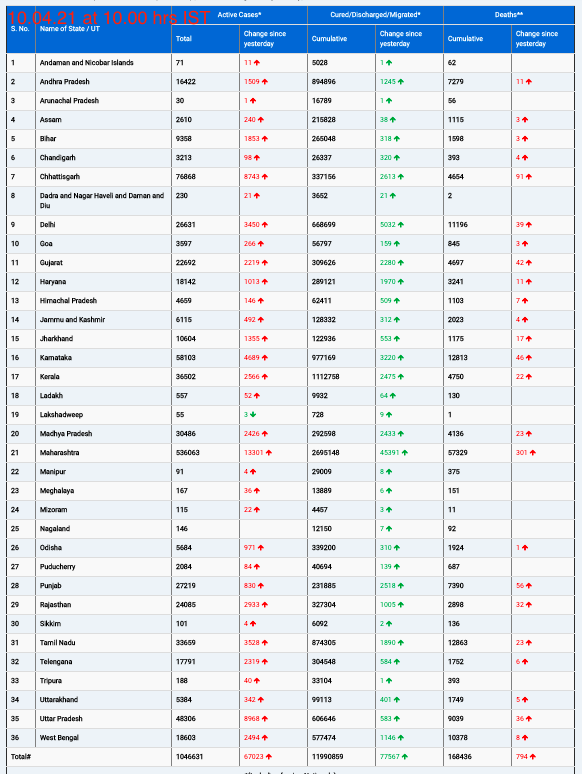Stockholm, Sweden – As populations worldwide continue to age and obesity rates soar, the intricate connections between body mass index (BMI), metabolic health, and aging have become increasingly important areas of study. In a recent thesis from Karolinska Institutet, researcher Peggy Ler sheds light on these complex relationships, with a focus on how BMI and metabolic health impact biological aging and mortality risks.
Ler, based in the Department of Medical Epidemiology and Biostatistics, delves into how BMI and metabolic health influence aging at functional, physiological, and cellular levels. Employing measures of biological aging—including the Functional Aging Index (FAI), Frailty Index (FI), and epigenetic age acceleration (EAA)—Ler provides a nuanced examination of these variables. Her findings suggest that both high and low BMI, along with unhealthy metabolic conditions, can accelerate biological aging and elevate mortality risk.
Significant Findings
A striking result from Ler’s research is that while high BMI is widely recognized as a health risk, low BMI also contributes to accelerated biological aging and increased mortality. “BMI often decreases, especially among older individuals, and this decline appears to correlate with biological aging,” Ler notes. This dual threat—high and low BMI—calls for greater attention to underweight conditions in aging populations, alongside obesity.
Ler’s work also emphasizes the value of integrating metabolic health into health assessments. This approach may provide a fuller picture of an individual’s health risks, independent of their BMI alone, especially in older adults. “Low BMI has consistently shown higher biological aging and mortality risk in our studies,” she explains. “So perhaps we should pay as much attention to low BMI as to high BMI.”
A Personal Journey
Ler’s interest in this topic was sparked by the global rise in obesity and an aging population. Initially, she assumed a straightforward relationship between BMI and health—namely, that higher BMI equates to greater health risks. However, her research led her to view obesity as a complex, multifaceted condition that can present with diverse metabolic health profiles.
“What surprised me was that low BMI can be just as concerning as high BMI,” she shares. “It’s the nuance in these connections that keeps me engaged and underscores the complexity of BMI, metabolic health, and aging.”
Implications for Future Research
Ler’s findings highlight the limitations of relying solely on BMI as a tool for assessing health risks. Although it remains a simple and cost-effective measure, BMI does not capture the full picture of an individual’s health status. Ler advocates for further development of affordable, non-invasive tools that could assess health more comprehensively. “I still dream of the day when we’ll have a device, like the medical tricorder from Star Trek, that can quickly scan and provide a full health assessment,” she says. “Something accessible for everyone—that would be amazing.”
Her thesis, titled Disentangling the Body Mass Index, Metabolic Health, and Aging Connection: Weighty Matters (2024), offers a fresh perspective on the impacts of BMI and metabolic health across the aging spectrum. As researchers continue to unravel these complex relationships, Ler’s work may inspire new methods for health evaluation and promote a deeper understanding of aging in a metabolically diverse world.
For more information, see Peggy Ler’s thesis: Disentangling the Body Mass Index, Metabolic Health, and Aging Connection: Weighty Matters (DOI: 10.69622/26893969.v1).












